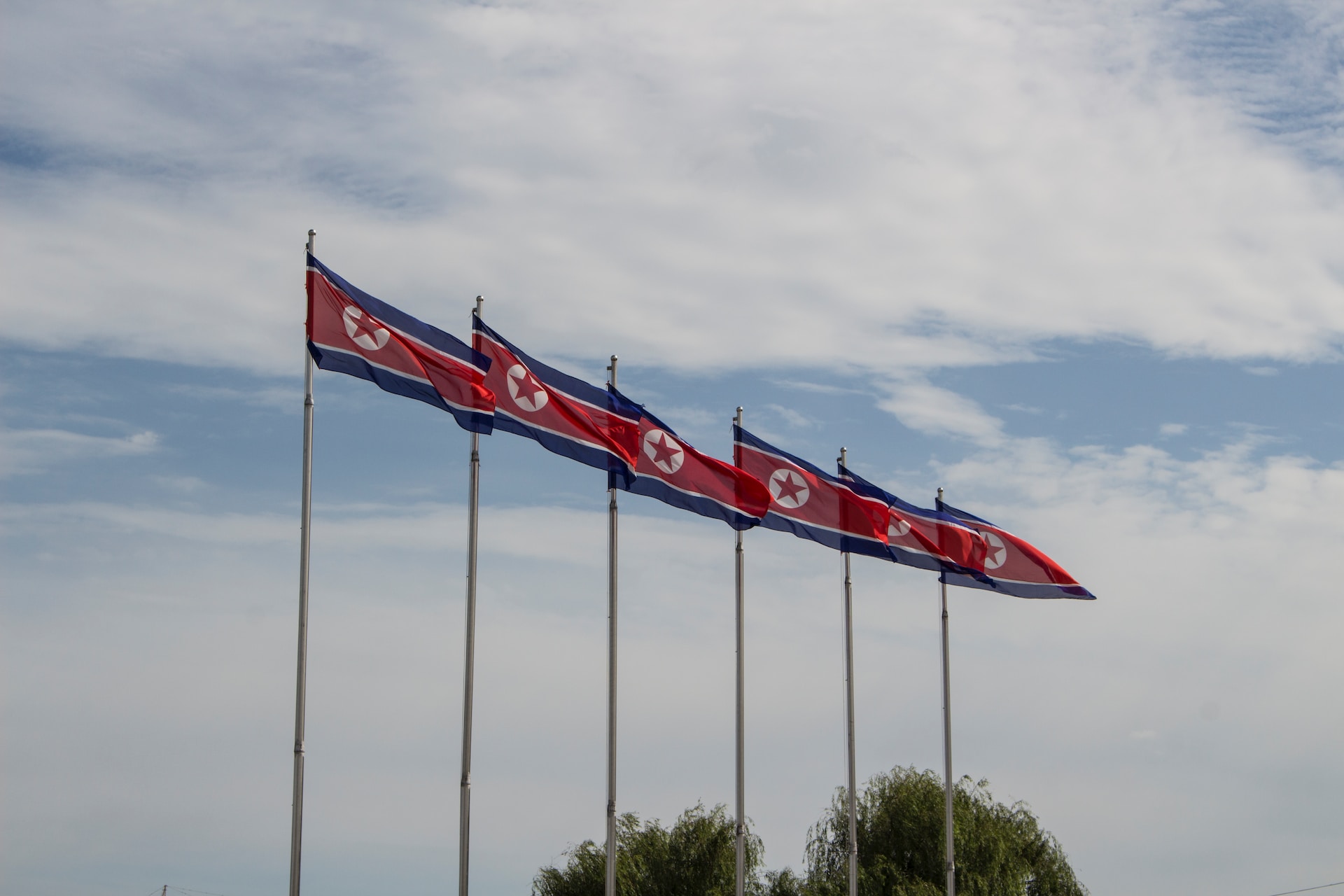The United States and South Korea have issued a new round of sanctions on North Korea, this time targeting its IT workforce. The two countries have alleged that the IT workforce helped fund Pyongyang’s missile and nuclear programs.
On Tuesday, the two allies announced that they would be imposing a new round of sanctions on North Korea. This time, Seoul and Washington targeted its IT workforce that is based in China and Russia, arguing that their work is helping Pyongyang fund its nuclear and missile programs. The US Treasury said that one individual, Kim Sang-Man, and the North Korea-based Chinyong Information Technology Cooperation Company were jointly sanctioned by the two allies over the IT worker activities.
The South Korean foreign ministry separately announced sanctions on seven individuals and three entities, including Kim and Chinyong.
The Treasury said North Korea oversees thousands of IT workers all over the world but are mainly based in China and Russia. The Treasury argued that the workers “generate revenue that contributes to its unlawful WMD and ballistic missile programs.” The Treasury noted that the workers Pyongyang oversees hide their identities, nationalities, and locations and make use of forged documents when they apply for jobs. The alleged workers also work in a range of positions and sectors.
The State Department has previously warned that hiring IT workers from North Korea could result in instances of intellectual property theft. The Treasury also cited three entities that Seoul has already sanctioned – the 110th Research Center, Pyongyang University of Automation, and the Technical Reconnaissance Bureau – for engaging in cyber operations and illicit revenue generation that funds North Korea’s weapons programs.
Meanwhile, a report published on Wednesday by the 2023 Global Slavery Index found that North Korea has the highest prevalence of modern slavery, followed by Eritrea and Mauritania. The report found that the isolated nation has 104.6 for every 1,000 people while Eritrea had 90 and Mauritania with 32, becoming the last country in 1981 to criminalize hereditary slavery.
The report also noted a “worsening” global trend following its previous survey five years ago.
Photo: Micha Brandli/Unsplash



 Norway Opens Corruption Probe Into Former PM and Nobel Committee Chair Thorbjoern Jagland Over Epstein Links
Norway Opens Corruption Probe Into Former PM and Nobel Committee Chair Thorbjoern Jagland Over Epstein Links  U.S. to Begin Paying UN Dues as Financial Crisis Spurs Push for Reforms
U.S. to Begin Paying UN Dues as Financial Crisis Spurs Push for Reforms  South Korea Assures U.S. on Trade Deal Commitments Amid Tariff Concerns
South Korea Assures U.S. on Trade Deal Commitments Amid Tariff Concerns  Trump Lifts 25% Tariff on Indian Goods in Strategic U.S.–India Trade and Energy Deal
Trump Lifts 25% Tariff on Indian Goods in Strategic U.S.–India Trade and Energy Deal  U.S. Lawmakers to Review Unredacted Jeffrey Epstein DOJ Files Starting Monday
U.S. Lawmakers to Review Unredacted Jeffrey Epstein DOJ Files Starting Monday  TrumpRx.gov Highlights GLP-1 Drug Discounts but Offers Limited Savings for Most Americans
TrumpRx.gov Highlights GLP-1 Drug Discounts but Offers Limited Savings for Most Americans  Trump Endorses Japan’s Sanae Takaichi Ahead of Crucial Election Amid Market and China Tensions
Trump Endorses Japan’s Sanae Takaichi Ahead of Crucial Election Amid Market and China Tensions  Trump Allows Commercial Fishing in Protected New England Waters
Trump Allows Commercial Fishing in Protected New England Waters  Trump’s Inflation Claims Clash With Voters’ Cost-of-Living Reality
Trump’s Inflation Claims Clash With Voters’ Cost-of-Living Reality  Iran–U.S. Nuclear Talks in Oman Face Major Hurdles Amid Rising Regional Tensions
Iran–U.S. Nuclear Talks in Oman Face Major Hurdles Amid Rising Regional Tensions  India–U.S. Interim Trade Pact Cuts Auto Tariffs but Leaves Tesla Out
India–U.S. Interim Trade Pact Cuts Auto Tariffs but Leaves Tesla Out  Pentagon Ends Military Education Programs With Harvard University
Pentagon Ends Military Education Programs With Harvard University  U.S. Announces Additional $6 Million in Humanitarian Aid to Cuba Amid Oil Sanctions and Fuel Shortages
U.S. Announces Additional $6 Million in Humanitarian Aid to Cuba Amid Oil Sanctions and Fuel Shortages  Trump Backs Nexstar–Tegna Merger Amid Shifting U.S. Media Landscape
Trump Backs Nexstar–Tegna Merger Amid Shifting U.S. Media Landscape  Nighttime Shelling Causes Serious Damage in Russia’s Belgorod Region Near Ukraine Border
Nighttime Shelling Causes Serious Damage in Russia’s Belgorod Region Near Ukraine Border  Ohio Man Indicted for Alleged Threat Against Vice President JD Vance, Faces Additional Federal Charges
Ohio Man Indicted for Alleged Threat Against Vice President JD Vance, Faces Additional Federal Charges  Netanyahu to Meet Trump in Washington as Iran Nuclear Talks Intensify
Netanyahu to Meet Trump in Washington as Iran Nuclear Talks Intensify 































